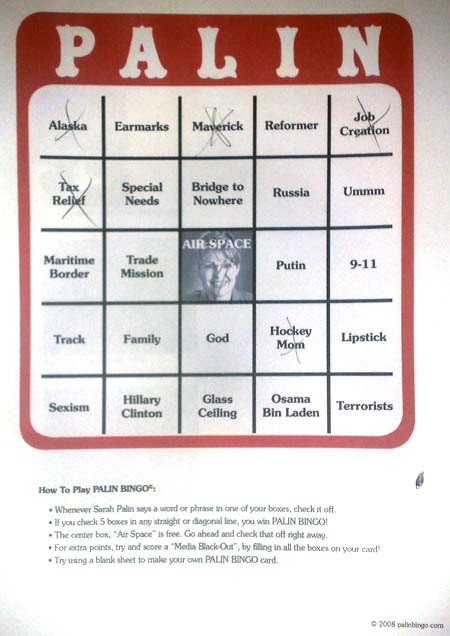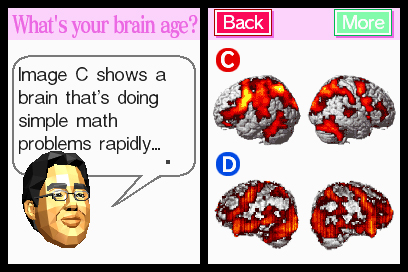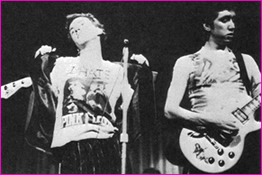The previous post discussed indie games as being the punk rock of video games. I chained this to the “I Hate Pink Floyd” t-shirt that Jonny Rotten apparently wore once. And I said that we should wear “I Hate World of Warcraft” t-shirts.
But really, what is the Pink Floyd of video games? What should the t-shirt say; what games should we hate?
I take it the late 1970’s objection to Pink Floyd was that they were rather pretentious, stodgy, had too big and expensive sets. I am a big fan but I see the point. So what is the Pink Floyd of video games?
The obvious line of attack is to go for the good big-budget titles on grounds of their big budgets and hardcore sensibilities:
- I hate World of Warcraft: one game, incredibly expensive, you actually subscribe to it as not to have other games.
- I hate Grand Theft Auto IV: Rehash of the formula, decent voice acting and story, huge budget, but same-old, same-old.
On the other hand, Pink Floyd was always in somewhat “good taste”, which would lead us to an attack on exactly the games considered to be good taste:
- I hate Wii sports: Excellent game design, fun for the whole family, content that no one could possibly object to … but that is exactly the problem! Where is the edginess, where is the depth?
- I hate Okami or Rez: Smooth and “wonderful” graphics, conventionally “edgy” but really … who cares about mythical sun goddesses or mainframe computers?
What is the Pink Floyd of video games? (You don’t have to really hate it, just bring out your inner punk!) What should the t-shirt say?






